The Global Rise of Inequality: How We Tackle It
Since the pandemic began, a new person has become a billionaire every 30 hours. At the same time, millions across the globe have fallen into poverty, lost crucial income sources, and watched as Covid-19 and climate disasters killed their loved ones.
The extreme wealth gap between the fortunate few and the majority did not start in 2020. The recent health crisis simply reinforced the disparity. Since the 1980s, inequality has risen, leaving the poorest 50 percent of the population to share less than 10 percent of global total income, while the richest 10 percent reap half of it. Inequality also comes in other forms, like access to quality education, healthcare, shelter, jobs, transportation, and technology.
World leaders are considering progressive policies that uplift at-risk communities and ensure social and economic justice for all. The United Nations knows equality is integral to achieving all of its 2030 Sustainable Development Goals aimed at improving and protecting life on Earth.
There is no one right answer to inequality. As UN Secretary-General António Guterres said in his Nelson Mandela Annual Lecture, meeting this challenge requires a new social contract, one based “on the rights and dignity of every human being, on living in balance with nature, on taking account of the rights of future generations, and on success measured in human rather than economic terms.”
So, where do we go from here? Which systems can be strengthened and which might be transformed? What role can philanthropy play in righting economic and historical wrongs?
Thinking Beyond Traditional Philanthropy
“Philanthropy can never be an alternative to progressive economics.”
That statement from Danny Sriskandarajah, the Chief Executive of Oxfam GB, can seem sobering. But it makes a lot of sense. Philanthropy is typically geared towards immediate concerns: helping climate refugees, feeding the hungry, and supporting health and education initiatives in developing countries. Combating inequality on a larger scale will require society-level changes.
However, Sriskandarajah believes philanthropists have an important role to play. Private entities can take risks and support the less glamorous aspects of tackling injustice. For instance, they can bankroll research in areas like labor conditions and public services. They can also leverage their vast business connections to draw greater attention to meaningful discussions and efforts.
Philanthropists can also rethink their methods for giving charitable donations. Rather than allow funds to be stagnant in foundations for years, they can follow the example of someone like MacKenzie Scott, the billionaire and novelist. They made headlines for donating large sums directly to nonprofits and community-based organizations.
Championing a New Social Contract
Financial support only goes so far. In facing inequality, we need to interrogate socioeconomic hierarchies. Economic injustice is reinforced by racism, misogyny, and fascism. In turn, studies demonstrate that poor economic conditions exacerbate prejudice and political polarization.
The majority of people who care for the elderly, the sick, and the world’s children, go unpaid for their work. Oxfam estimates women and girls put in 12.5 billion hours of unpaid care work each day, contributing roughly $10.8 trillion to the global economy.
Across the globe, indigenous peoples, ethnic minorities, and migrants suffer from discrimination and a lack of legal protection while taking on the least safe and most crucial jobs — including farm work, construction, and sanitation. At the same time, 2018 marked the twelfth consecutive year of decline in global freedom. People in 71 countries suffered decreased political and civil liberties.
A new social contract could involve new international labor laws, a stronger acceptance of immigrants, decisive climate action, and a powerful social security net like the one created in the 1940s to lift the U.S. out of the Great Depression.
Supporting Progressive Reforms
Addressing the root of inequalities in wealth, education, health, and more means admitting that the financial market favors the rich at all costs. It means admitting to the legacies of imperialism and colonialism. It means acknowledging that the luxuries enjoyed in so-called developed nations often rely on exploiting those in the Global South.
To remedy these imbalances, nations must pass progressive tax reforms.
Reducing inequality is often thought about in terms of raising the minimum wage or improving the lives of the most vulnerable. But to do so, we must also close the gap from the other side — decrease and redistribute the wealth gained by the ultra-rich at the expense of the common person. It will require a collective approach to the economy and public life rather than an individualistic one. Some, like the Patriotic Millionaires or the signatories of the Giving Pledge, already support such measures.
This is not a project to be taken on in one year, with one set of laws, or by one leader. Nations, economic leaders, and activists must all work together to establish and maintain equality among all.

